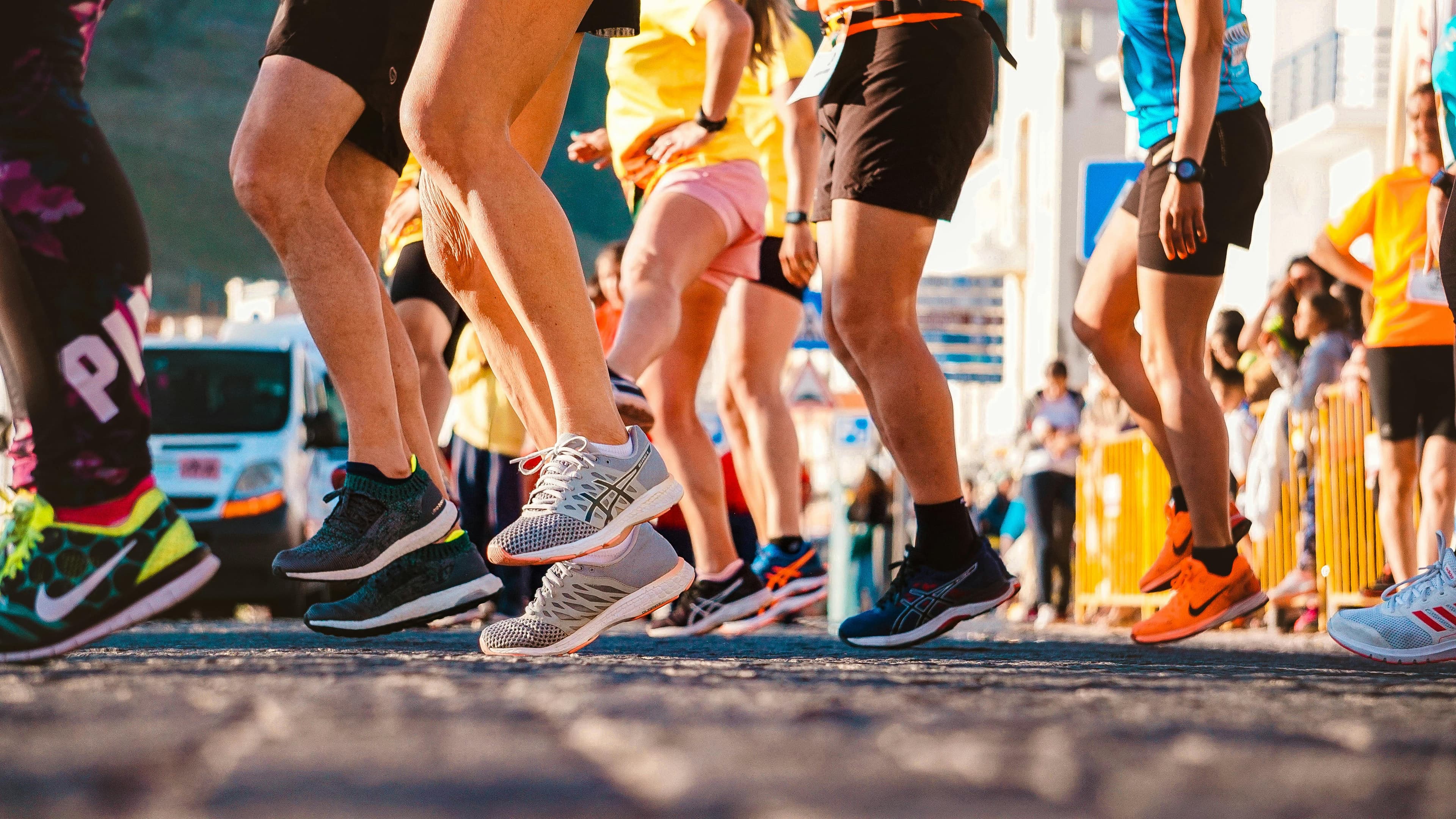Marathon Recovery: What You Need to Know
Recovering from a marathon is a critical step in any runner's journey. It involves techniques and strategies that help your body heal, prevent injuries, and prepare for future races. Whether you're a seasoned marathoner or a first-timer, understanding the right recovery processes can make a significant difference in your overall health and performance. Here’s a detailed guide on what you need to know about marathon recovery.
Immediate Post-Marathon Recovery
1. Cool Down
- Why It’s Important: Helps gradually reduce heart rate and flush out lactic acid.
- How to Do It: Walk for about 5 to 10 minutes after finishing the marathon.
2. Hydrate
- Why It’s Important: Replenishes fluids lost through sweat and helps prevent dehydration.
- What to Drink: Water, electrolyte drinks, or clear juices.
3. Nutrient Replenishment
- Why It’s Important: Restores energy levels and repairs muscles.
- What to Eat: Foods rich in carbohydrates, proteins, and fats, such as bananas, yogurt, or a recovery smoothie.
4. Stretch and Foam Roll
- Why It’s Important: Reduces muscle stiffness and soreness.
- How to Do It: Focus on gentle stretching and use a foam roller on tight muscles.
The First 24 Hours
1. Rest and Sleep
- Why It’s Important: Facilitates muscle repair and overall recovery.
- Tips: Aim for 7-9 hours of quality sleep. Avoid strenuous activities.
2. Continue Hydration and Nutrition
- Why It’s Important: Supports ongoing recovery needs.
- Tips: Keep drinking fluids and eat balanced meals that include a variety of nutrients.
3. Ice Baths or Warm Baths
- Why It’s Important: Reduces inflammation and can help with muscle recovery.
- How to Do It: Soak in a cold bath for 10-15 minutes or a warm bath with Epsom salts.
Days Following the Marathon
1. Active Recovery
- Why It’s Important: Enhances blood flow and aids in muscle repair.
- Activities: Light walking, swimming, or cycling at a low intensity.
2. Monitor Your Body
- Why It’s Important: Helps identify any potential injuries or areas needing more attention.
- Tips: Pay attention to any persistent pains and consult a healthcare provider if necessary.
3. Gradual Return to Running
- Why It’s Important: Prevents overloading muscles and joints that are still recovering.
- How to Do It: Start with short, easy runs and gradually increase distance and intensity.
Long-Term Recovery Considerations
1. Reflect on Your Experience
- Why It’s Important: Identifies strengths and areas for improvement.
- Tips: Keep a training log or journal about what worked well and what didn’t.
2. Plan Your Next Steps
- Why It’s Important: Helps maintain motivation and sets new goals.
- Tips: Consider when you might want to run another marathon and what new training adjustments you might need.
Recovery from a marathon doesn't just end a few days after the event; it's an ongoing process that requires attention and care. By following these tips, you can ensure a smoother recovery and set yourself up for success in future races.
For personalized advice and more detailed recovery plans, consider chatting with Mavyn GPT or connecting with a human expert at Mavyn. They can provide tailored guidance based on your specific circumstances and needs.
